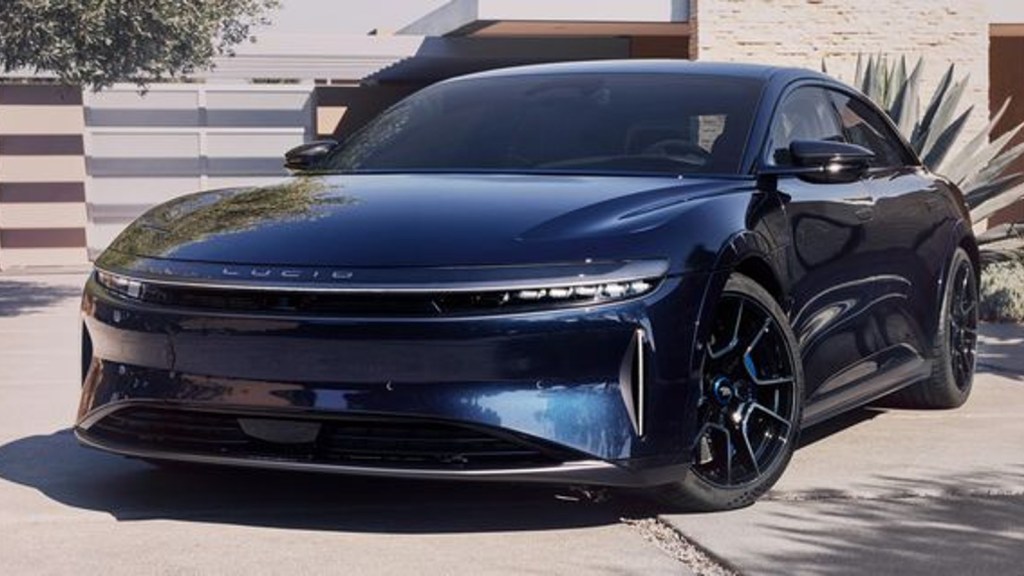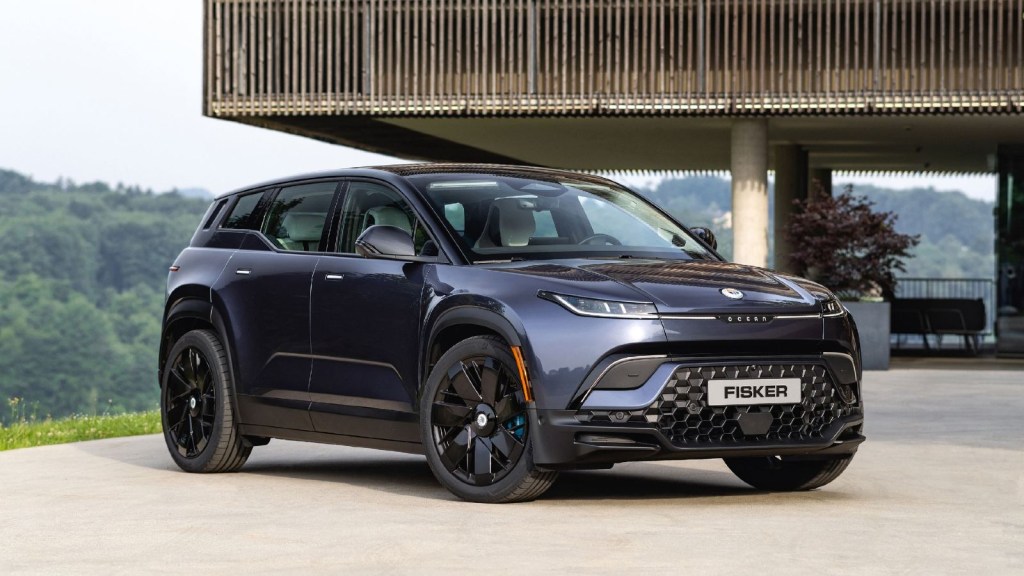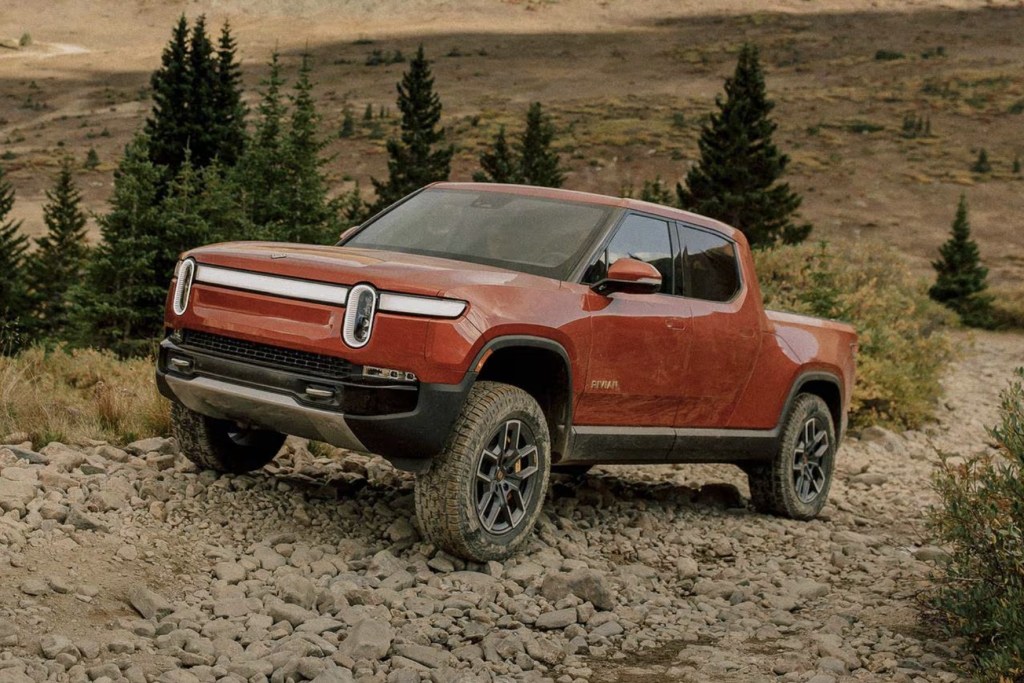Last year, EV automakers couldn’t get anything wrong, but that success hasn’t transitioned to 2024. Automakers focused solely on electric vehicles had a rough first quarter, meaning four top names, Tesla, Lucid, Fisker, and Rivian, have to address challenges to turn things around. How are these EV startups addressing serious challenges? Let’s find out.
Let’s start with Tesla
It seems that Tesla sets the tone for the electric vehicle world, which makes this brand a good place to start. Tesla is the oldest of these EV startups and chose to lay off workers to address the first quarter losses. Unfortunately, firing the entire charging team wasn’t the smartest move, and Tesla has since begun rehiring them. The layoffs impacted other areas of Tesla, including engineering, service, and software groups. Cutting staff can be a double-edged sword, but it’s the direction Tesla CEO Elon Musk chose.

How is Lucid addressing its losses?
Lucid is a boutique-style EV startup, producing vehicles in small numbers. Lucid’s goal to build 9,000 cars this year might be in jeopardy after losing $685 million during the first quarter. This figure is better than the Q1 2023 losses of $780 million, and revenue is up to $173 million. Lucid intends to throw money at the problem and has $2.2 billion in cash to offset losses and continue forward.

Is Fisker done?
Fisker needs the EV market to be strong to survive. Currently, they only build the Ocean SUV, which might mean Fisker’s end. As one of the newest EV startups, this company was only just getting started when things slammed shut. The company could suffer $75 million in losses, which might be enough to cancel the contract with Magna International of Australia, which currently produces the Fisker Ocean. No more Ocean SUVs will be built, and Fisker doesn’t have another location to build them. Without a fiscal shot in the arm, Fisker may need to declare bankruptcy.

Rivian throws money at the problem
Rivian faced challenges last year and could be in a good position this year. Revenue is up $661 million, and deliveries are up 71% during the first quarter to 13,588 vehicles. With the new Rivian R2 on the horizon and potential partnerships with commercial companies, Rivian might be in a good position if its cash reserves remain. This company lost $5.4 billion in 2023 and another $1.45 billion during Q1 2024. The cash burn continues but might turn around for Rivian soon.
Will all four of these EV startups survive into the future? It doesn’t look like it, but three of them should remain for at least another year.
